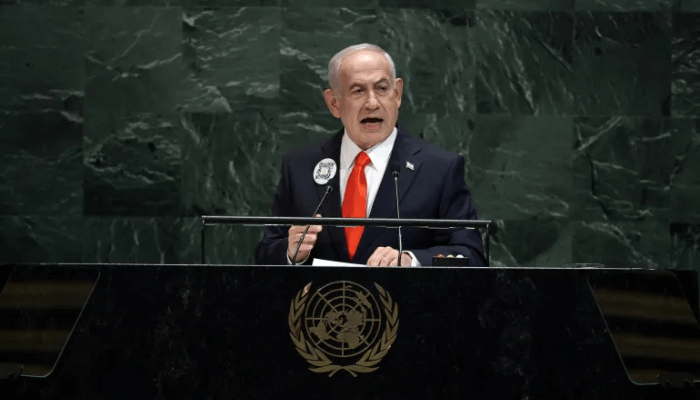Israel approves Gaza ceasefire plan, but fighting continues
Israel’s government has approved the first phase of a US-brokered ceasefire deal meant to end the devastating war in Gaza, secure the release of hostages and see a partial withdrawal of Israeli forces. But as the plan was being announced, airstrikes continued overnight — raising questions about whether the fighting had actually stopped.
The deal, approved late on Thursday, is described as the first stage of a broader roadmap aimed at halting hostilities and paving the way toward a lasting peace. Under the agreement, all hostages held in Gaza are to be released, the Israeli military will withdraw to agreed positions inside the enclave, and Israel will free a number of Palestinian prisoners.
Read also:Israeli cabinet ratifies ceasefire and hostage deal with Hamas Reuters
However, details of how this plan fits into a wider settlement remain unclear, and uncertainty lingers over whether Prime Minister Benjamin Netanyahu has formally instructed the army to stand down.
Conflicting signals on the ground
Despite official approval of the deal, residents of Gaza reported heavy bombardments early Friday. Eyewitnesses told the BBC that Israeli jets and artillery struck parts of Gaza City and Khan Younis in the south, killing at least 37 people.
Gaza’s Civil Defense agency warned civilians not to return to border areas or districts previously occupied by Israeli forces until an official announcement confirms their withdrawal. “Violating this warning puts your life at risk,” it said, urging residents to wait until the pullback is verified.
Read also: Netanyahu apologises to Qatar after deadly Israeli strike in Doha
The Israeli government insists the ceasefire has begun. Two officials told reporters that cabinet approval meant it had “come into effect.” Yet no formal declaration of a halt to military operations has been issued.
Prisoner and hostage exchanges
The truce deal also includes a long-anticipated exchange of captives. All remaining hostages in Gaza are expected to be released by Monday or Tuesday, according to Donald Trump, US president.
More than two years after Hamas and its allies abducted 251 people from Israel, around 47 hostages are still believed to be held in Gaza. At least 20 are thought to be alive, while others have been confirmed dead. The remains of Israeli soldier Hadar Goldin, killed in 2014, are also believed to be in Hamas’s custody.
Read also:Israel has committed genocide in Gaza, UN commission of inquiry says
On the Palestinian side, the lists of prisoners to be released remain a point of contention. The Palestinian Prisoners’ Media Office (ASRA) said that circulating names in Israeli media are inaccurate and intended to “pressure and disrupt the negotiations.” The group said official lists would be published only once an agreement is finalised.
Hamas: ‘The war has ended completely’
Khalil al-Hayya, head of Hamas’s negotiating team, told Al Jazeera that the group had received guarantees from the United States and regional mediators that the first phase of the ceasefire “means the war in Gaza has ended completely.”
Hamas insists, however, that a “formal declaration” ending the war must be made before any hostages are released.
US and regional involvement
The United States has taken a leading role in brokering and overseeing the truce. A senior White House official said 200 US troops will be sent to the Middle East to help monitor the plan’s implementation, alongside personnel from Egypt, Qatar, Turkey and the United Arab Emirates.
Read also: Israel strikes Hamas leaders in Doha, triggering Qatar fury, global alarm
“No US troops are intended to go into Gaza,” another official clarified. The task force will operate from regional bases, ensuring that both sides comply with the ceasefire terms.
Fragile hope amid ongoing violence
The approval of the ceasefire marks the most significant diplomatic breakthrough since the war erupted — yet the violence on Friday underscores how fragile the situation remains.
For many in Gaza, the talk of peace feels distant. With more than 37 deaths reported even after the truce announcement, residents remain wary of returning home or trusting official statements.

